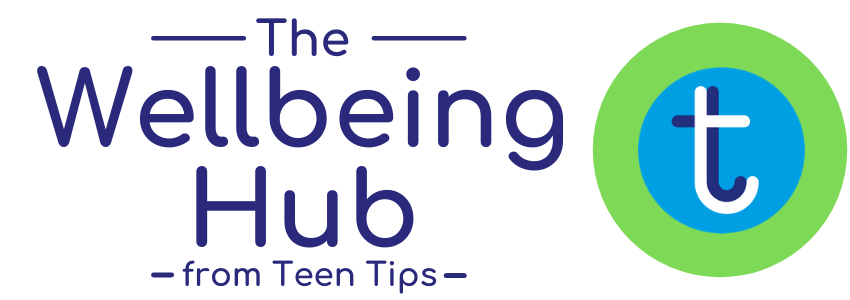
West Street, BN7 2NZ Lewes,
[email protected] 00441273093940 https://www.teentips.co.uk
During the month of Ramadan, a lot of activity and conversation is focused on food, specifically in a celebratory sense and especially when families and friends gather to break the fast. But for people who have an eating disorder, Ramadan can be a really problematic and triggering time, fuelled with anxiety and fear.
For people who have an eating disorder, fasting can not only be triggering and problematic, but it can also be incredibly dangerous. Fasting can have a significant impact on both physical and mental health. For those in early recovery, it can really disturb the foundations being built and can trigger a return to old behaviours. The body has a memory of its own, so if you’re in recovery and then start to fast for hours during the day, the body can remember and react to that on a cellular level.
With that in mind, family psychotherapist and eating disorder specialist, Fiona Yassin, has shared five ways those with problematic eating behaviours or disorders can navigate Ramadan and be a part of the spirit, without triggering the eating disorder system.
Mental and physical health is really important in Islam. It is known that if you are ill, have medical reasons or are on a very long journey of recovery, you can fast at a later date. If you have an eating disorder but want to fast over Ramadan, it’s understandable that you may feel conflicted about fasting. Know that it is okay to not fast and wait until your mind and body are able.
Donating money or time to charity are both valuable ways to help the community. Ramadan is a time about caring for others and donating your time to those less fortunate, or showing random acts of kindness to others, can make up for the days you are not able to fast.
If you are in early recovery or an active phase of an eating disorder, you may find preparing food for others to be triggering. Instead, spend that time reading the Quran in a calm space, without interruption. Or with the help of religious leaders, find alternative ways to feel closer to God during the month.
If you’re recovering from an eating disorder and decide to join in with fasting, have a supply of high energy foods such as dates, energy balls or peanut butter available – foods that will help pick you up and give you a boost.
If you decide to fast and you find that you are returning to thoughts about restrictive eating, body shape and size or the number on the scale, it’s really important to get immediate support from a mental health practitioner or an eating disorder specialist. Remember that the goal of Ramadan is not to lose weight or restrict the needs of the body, it’s simply about repositioning it. If you cannot find your own voice, ask someone who is a respected member of the community or family member to speak up for you to put your fasting on hold.
Helpful links and resources:
About the Author
Fiona Yassin is the founder of, and international clinical director at, The Wave Clinic. A child, adolescent and family psychotherapist, she is an expert in the treatment of Borderline Personality Disorder (BPD) and a specialist in eating disorders. Fiona is a complex trauma specialist and is clinically trained in Eye Movement Desensitization and Reprocessing (EMDR) and Mentalization-Based Therapy (MBT).
Having completed a MSc in Neuroscience from IOPPN, King’s College London – where she was proud to have been awarded a Dean’s Award – Fiona is now studying for a MSc in Psychiatry at The School of Medicine (Cardiff University) and is a PhD candidate undertaking eating disorder and mental health research at Lancaster University. Fiona is passionate about changing the way that young people experience mental healthcare.
Keep up to date on our latest insights, guidance and tips